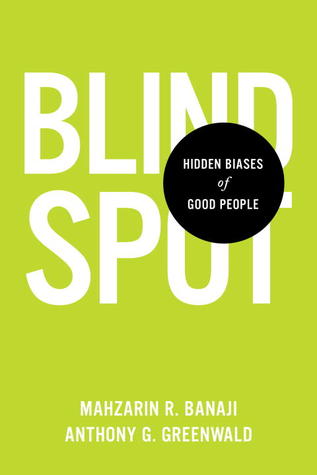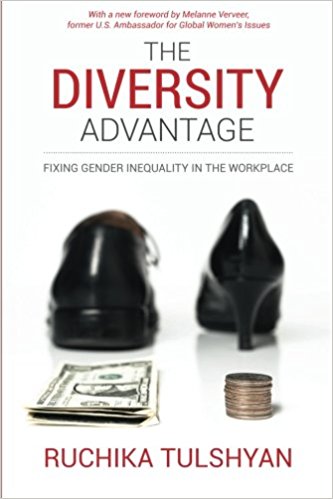This article looks at how employing veterans can be beneficial for an organization. It also goes over how to remove biases or misconceptions that someone may have about hiring veterans.
 Loading...
Loading...
Gurchiek, Kathy. “Want to Hire Veterans? Look Past Your Biases, Misconceptions.” Society for Human Resource Management (SHRM). April 28, 2016. https://www.shrm.org/resourcesandtools/hr-topics/behavioral-competencies/global-and-cultural-effectiveness/pages/want-to-hire-veterans-look-past-your-biases-misconceptions.aspx


